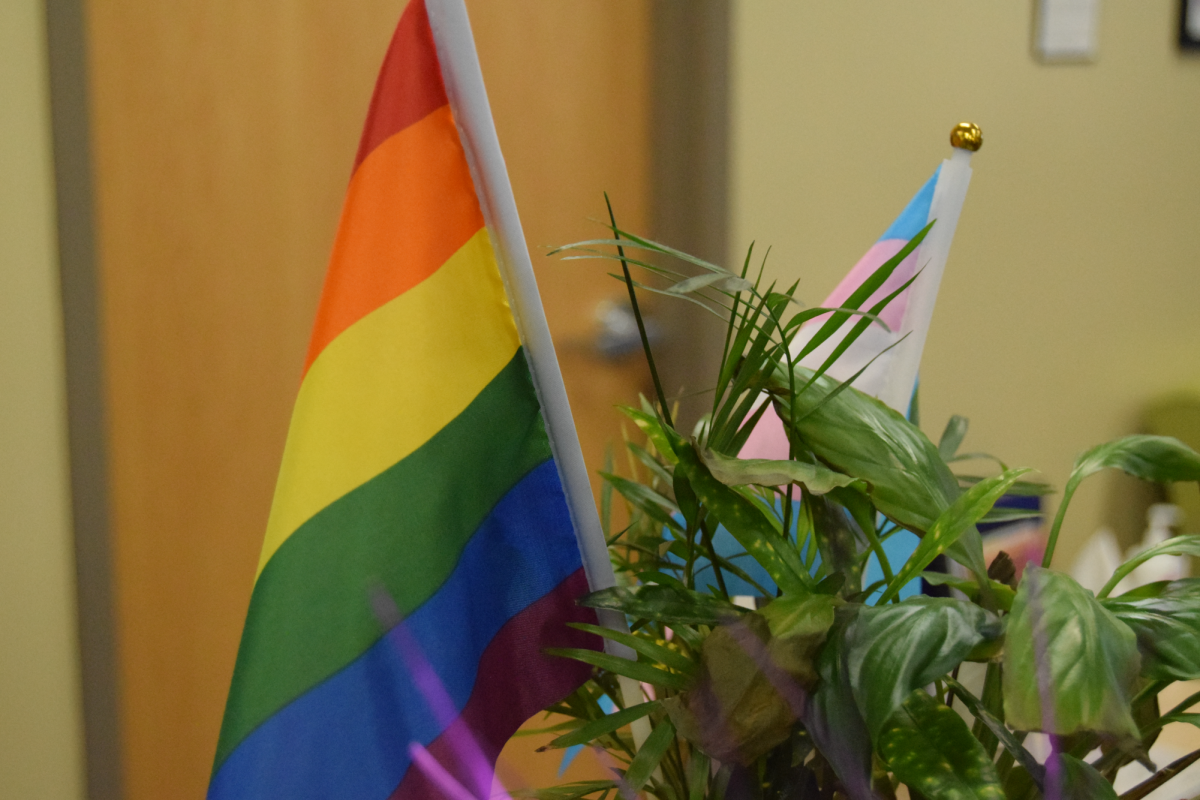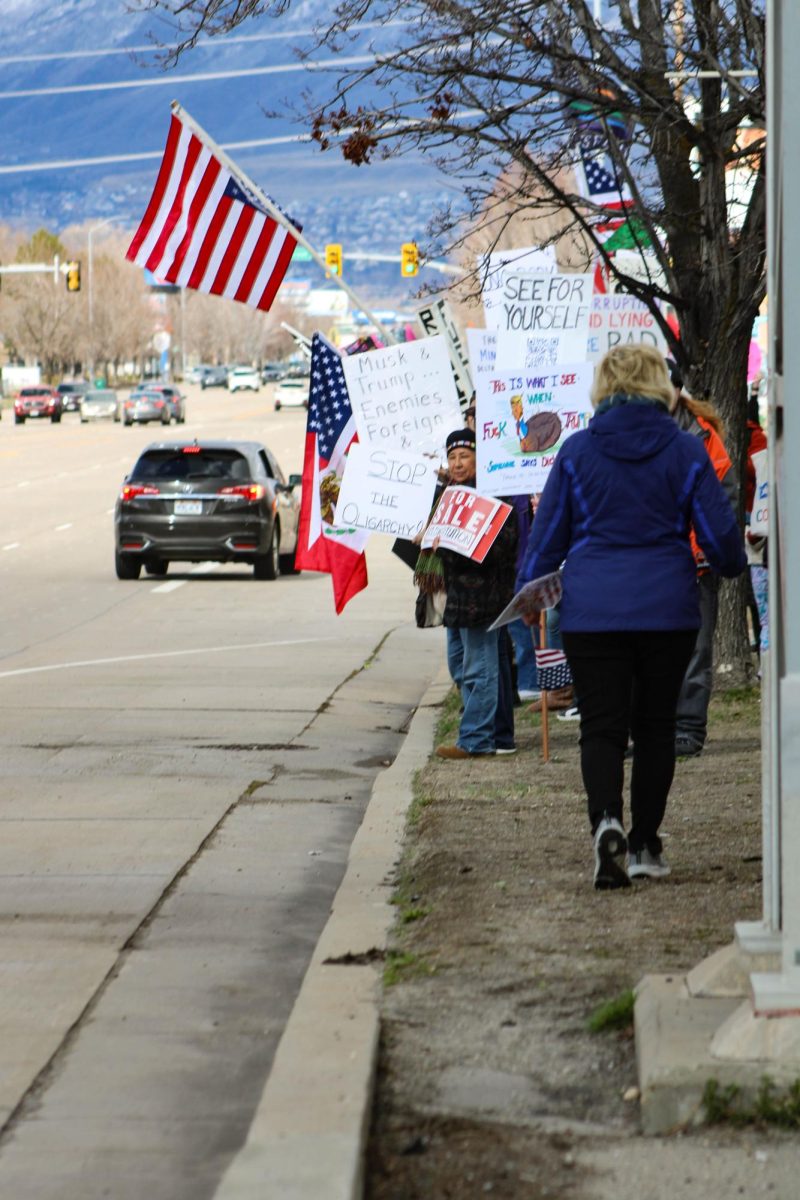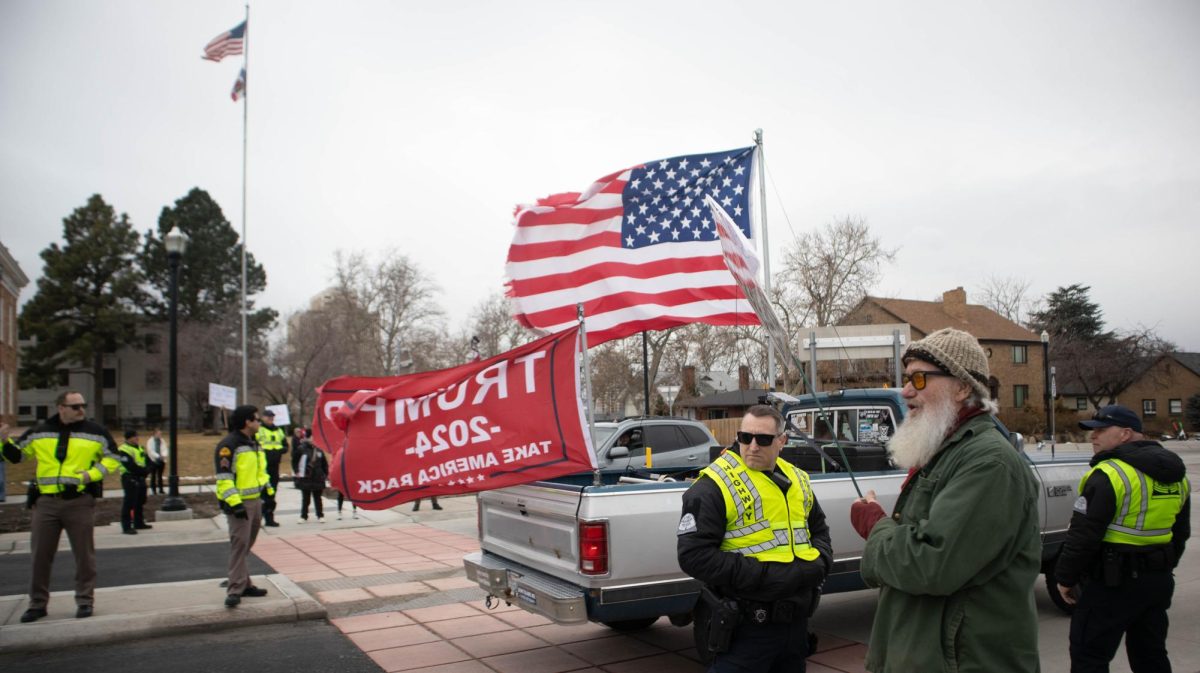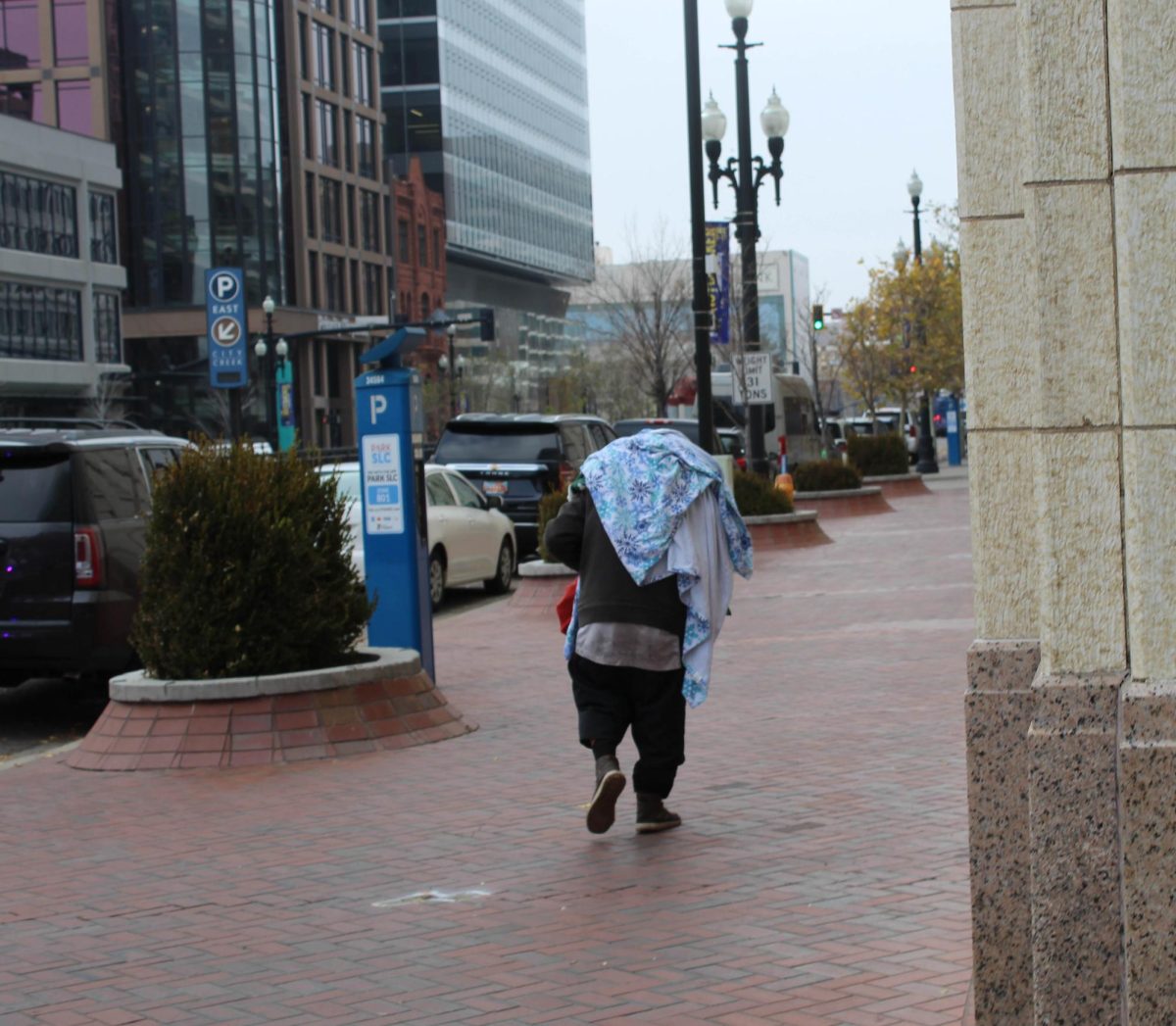While the world’s eye is fixed on Sochi, many countries are not privileged enough to be preoccupied with festivities. The world is not as picturesque as the Olympics would have you believe. 2013 marked a record year for civil unrest across the globe. Egypt’s democracy is faulty, Thailand’s government is shaky at best, and Syria and Sudan are currently competing for least stable “democratic” nation. Russia is not the pageant queen of the UN, but it is certainly not the most plagued of the free world. Here are four countries you should know about and keep an eye on in the days after the Olympics:
1. Egypt
Egypt was on the front page of every publication for about a month, and then disappeared. The explosion of coverage made Egypt a household topic. This buzz was about the conflict and nothing else, leaving the hype to die away without any resolution.
The military ousted President Mohamed Morsi early in 2013. The biggest red flag a country can have is found in the relationship between the executive office and its military. When those two don’t get along, bad things happen. Stir in the Muslim Brotherhood’s strong influence (read: vice grip) over Morsi and Egyptian culture, and you have a volatile cocktail fixed to blow.
After some flexing of executive power (dismissal of political opponents, new legislation granting executive authority), protesters set fire to public buildings, marched through the streets and eventually made it to the capitol. The red flag was then solidified, as Field Marshal Abdul Satah el Sisi announced Morsi had been deposed.
As bad as Putin may be, Russia hasn’t had anything like the riots of Egypt. The question that faces Egypt is “now what?” Sisi can’t be the president/field marshal forever, and Egypt can’t seem to keep a constitution in place for more than a couple of years.
2. Thailand
Thailand’s skirmish is not as developed as the former two, but has the potential to be as volatile. The amnesty billed proposed that former politicians would be allowed back into the country, pardoning them of their murder, fraud and corruption. Additionally, it provided that the government would be elected completely by the public.
The difficulty of this is found in the intense partisan split between the two outcomes of the bill, and the Thai citizenry was clear in its distaste for the proposal, as pro-government “redshirts” turned against the People’s Democratic Reform in shootings, occupation and civil disobedience.
If things don’t cool down soon, more drastic events will unfold. If the people can’t get what they want from their government, they will find a way to coerce it, or possibly remove it.
3. Sudan
Sudan’s conflict grew from nothing to one of the largest civil wars of this century. Mid-December 2013 saw an executive meeting with palpable tension. Two officers disagreed on an order to disarm certain ethnicities of the military. This could have been diplomatically disarmed, but instead, a fistfight broke out. The group went their separate ways and rallied supporters.
Within days, a full-fledged civil war had emerged, leaving what is now more than 10,000 people killed, and an even more staggering 900,000 internally displaced persons who have fled to refugee camps, abandoned towns and anywhere else they can to get away from the chaos.
Where Egypt and Thailand had problems, Sudan has casualties. The Egyptian public lit the match that started their conflict, but more than 1,000,000 people have been affected by an executive quarrel in Sudan. Aid can be given at http://www.oxfam.org/en/sudan-southsudan-crisis, where they’re building shelter, purifying water and bringing food into the war-torn country. Additionally, the U.S. has donated money, time and manpower to try to keep the momentary ceasefire going and restore the Sudanese to their rightful place.
4. Syria
We’ve saved Syria for the finale, as its civil war is certainly the most grotesque. Beginning in 2011 and continuing today, it is the longest on our list, and boasts the most distressing statistics: 120,000 killed and 5,500,000 IDPs, with 300,000 refugees having left the country.
What began in 2011 as protests for political and economic reform quickly escalated into the most costly civil war of the decade. Rebels escalated conflict with arms and public demonstrations, prompting Hezbollah to step in and side with the government. Millions of lives later, the war rages on. Of all of the conflicts we’ve mentioned, this is the most tragic, the most horrific of all. Aid can be given through http://www.usaid.gov/crisis/syria.
Possibly the most influential act a single student can do would be to call their senator and ask for aid to be given to these ravaged countries.
While the world watches Sochi, bigger battles rage on that won’t be decided on a finish line. Let us be a gold-medal nation in awareness and aid. At the end of the day, that matters more than ski jumps and bobsleds.



















